Our theme for our upcoming January 26 Dynamic Presentation Skills Workshop is "Time to Tell Your Story" so it makes sense that we share some tips on how to use this technique to capture your audience.
It's no secret that story telling is a very powerful skill to enthrall, captivate and connect with your audience. It is an art that has been around for as long as human beings have been alive -- an art of passing on knowledge, lessons, history and providing hours of entertainment long before smartphones, Netflix, TV and Facebook.
In the public speaking arena, when used skillfully, story telling can create meaningful emotional impact on your presentation and keep the audience enraptured. They will also remember your presentation for a long time to come. I recently delivered a presentation to a Toastmasters group and at the end of the presentation, an audience member approached me and commented on how much she enjoyed my speech and that we had met several years ago at another presentation. She said she still remembers very clearly the story I told about the Dalai Lama. It reinforced my strong belief that speeches come and go but stories will stay in our hearts for a while longer, or forever.
Here are my Top Five Tips for Storytelling which we will cover in more depth at our upcoming January 26 Workshop.
1. Use relevant stories for your topic - select stories carefully to make a point in your presentation and not just tell a story for the sake of using this skill. Ensure that there is a relevant message in the story to make your point.
2. Use vivid details in your story - Appeal to the senses by painting very visual details, adding elements relating to the sense of smell, touch or sound. Example: "the wonderful aroma of coffee was drifting into the room as I awoke to the spectacular sunrise outside my window." Using vivid details, placing the emotions and visuals of your story will take the audience there with you and then watch them lean in closer as you lead them into the story.
3. Use your own stories - Your personal stories offer so much insight as to who you are authentically and can make your presentation so much more appealing. When audience members learn more about you, they will feel more connected with you. Just remember point #1 to make it relevant to your key message. Also, your own personal stories will have total credibility as no one can ever dispute your experiences and the details will be easier to remember.
4. Rehearse your stories and be sure remember the important details - When you are recounting a story from history or someone else's experience, you need to be accurate with the details to ensure credibility. In training, I often refer to stories to emphasize learning points and cannot afford to misquote details. Be sure to rehearse the stories so that you do not forget mid way to check on notes.
5. Pay attention to great stories all around you - There are many wonderful stories to use if you are alert to the story opportunities around you. At a friend's wedding when an unfortunate mishap around spilling red wine on her wedding gown became a story in different situations in my training. While it was unfortunate when it happened, it did have a happy ending and the story offered so many points of learning. Aside from your friends' experiences, the current news, blogs of interest, newsletters and books offer many fascinating stories to draw upon.
To get started, think about a life-defining moment that has affected your path/career in life. It is a good basis for your personal mission story and a focal point for your career goals in 2015!
It's no secret that story telling is a very powerful skill to enthrall, captivate and connect with your audience. It is an art that has been around for as long as human beings have been alive -- an art of passing on knowledge, lessons, history and providing hours of entertainment long before smartphones, Netflix, TV and Facebook.
In the public speaking arena, when used skillfully, story telling can create meaningful emotional impact on your presentation and keep the audience enraptured. They will also remember your presentation for a long time to come. I recently delivered a presentation to a Toastmasters group and at the end of the presentation, an audience member approached me and commented on how much she enjoyed my speech and that we had met several years ago at another presentation. She said she still remembers very clearly the story I told about the Dalai Lama. It reinforced my strong belief that speeches come and go but stories will stay in our hearts for a while longer, or forever.
Here are my Top Five Tips for Storytelling which we will cover in more depth at our upcoming January 26 Workshop.
1. Use relevant stories for your topic - select stories carefully to make a point in your presentation and not just tell a story for the sake of using this skill. Ensure that there is a relevant message in the story to make your point.
2. Use vivid details in your story - Appeal to the senses by painting very visual details, adding elements relating to the sense of smell, touch or sound. Example: "the wonderful aroma of coffee was drifting into the room as I awoke to the spectacular sunrise outside my window." Using vivid details, placing the emotions and visuals of your story will take the audience there with you and then watch them lean in closer as you lead them into the story.
3. Use your own stories - Your personal stories offer so much insight as to who you are authentically and can make your presentation so much more appealing. When audience members learn more about you, they will feel more connected with you. Just remember point #1 to make it relevant to your key message. Also, your own personal stories will have total credibility as no one can ever dispute your experiences and the details will be easier to remember.
4. Rehearse your stories and be sure remember the important details - When you are recounting a story from history or someone else's experience, you need to be accurate with the details to ensure credibility. In training, I often refer to stories to emphasize learning points and cannot afford to misquote details. Be sure to rehearse the stories so that you do not forget mid way to check on notes.
5. Pay attention to great stories all around you - There are many wonderful stories to use if you are alert to the story opportunities around you. At a friend's wedding when an unfortunate mishap around spilling red wine on her wedding gown became a story in different situations in my training. While it was unfortunate when it happened, it did have a happy ending and the story offered so many points of learning. Aside from your friends' experiences, the current news, blogs of interest, newsletters and books offer many fascinating stories to draw upon.
To get started, think about a life-defining moment that has affected your path/career in life. It is a good basis for your personal mission story and a focal point for your career goals in 2015!














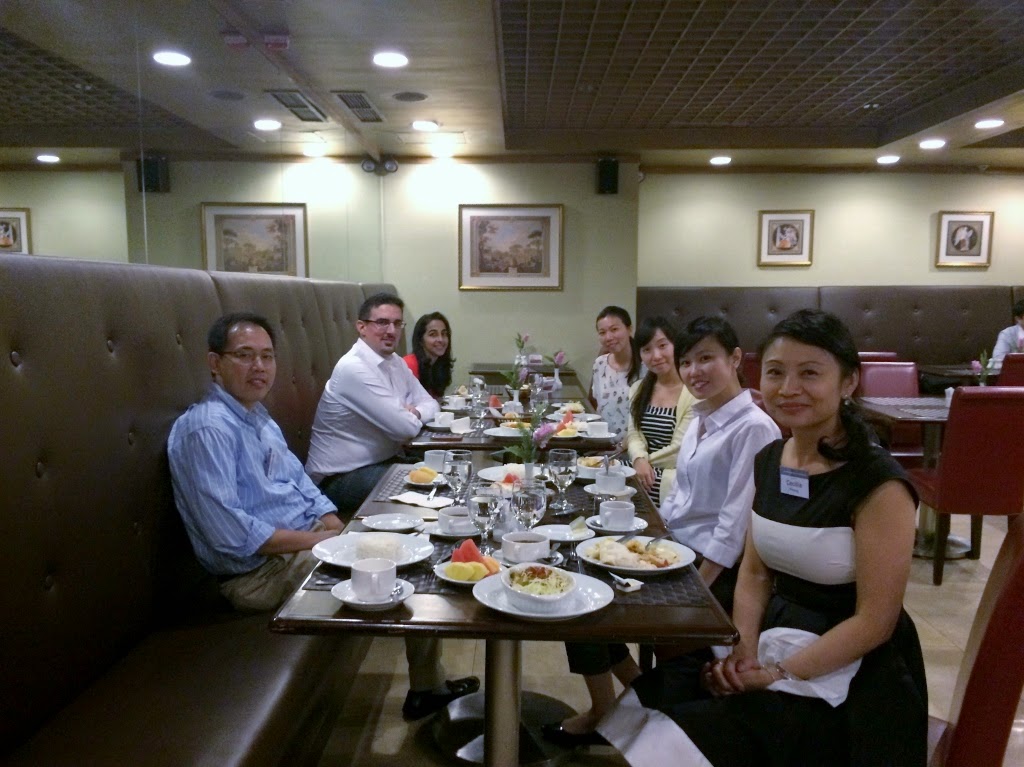





























































































































































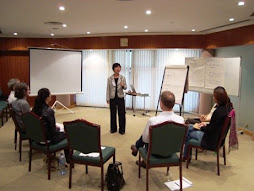










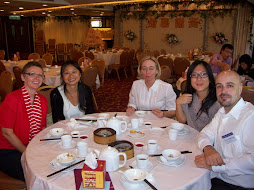









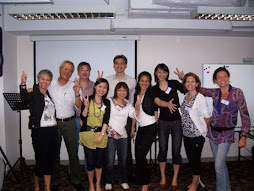
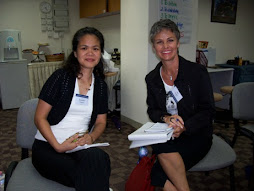

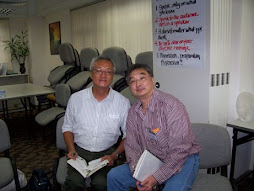


























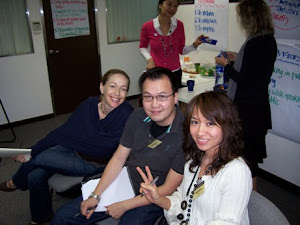


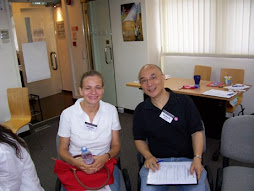

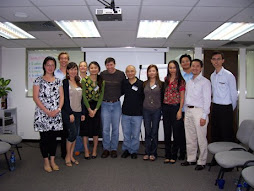



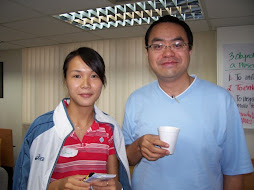














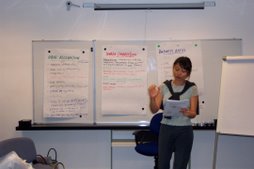

No comments:
Post a Comment